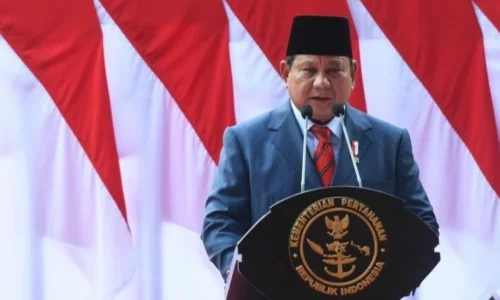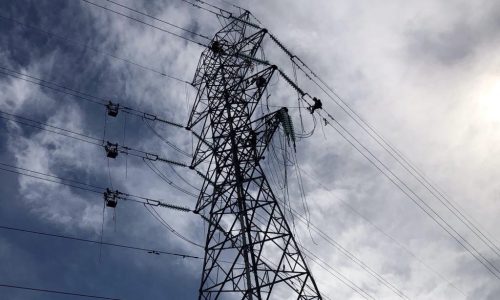The Minister of Energy and Mineral Resources, Arifin Tasrif, has emphasized the importance of creating the Indonesia Nickel Prices Index as a means of facilitating nickel transactions within the domestic market.
The importance of the nickel index
Arifin believes that this index will serve as a reference for determining the selling prices of domestically traded nickel, particularly lower-grade varieties such as nickel pig iron (NPI), ferro-nickel, and nickel matte, which are used as raw materials for stainless steel production.
The Indonesia Nickel Prices Index will function similarly to the existing coal price index, which governs royalty tariffs for coal businesses within the country.
The regulations pertaining to nickel royalty fees are outlined in Ministerial Regulation No. 11 of 2020. The purpose of establishing the Indonesia Nickel Prices Index is to reduce the discrepancy between the actual selling prices of nickel and the Mineral Reference Price (HPM), which has traditionally been based on the average nickel prices on the London Metal Exchange (LME).
The LME nickel prices primarily reflect higher-grade nickel used in electric vehicle manufacturing. According to Arifin, implementing a specific domestic reference price for nickel will help alleviate concerns among mining and smelting industry players regarding fluctuations in nickel prices on the LME market.
The Indonesia Nickel Prices Index is expected to provide certainty regarding national nickel prices as it will be based on domestic calculations.
Arifin added the specific regulation regarding the domestic reference price for nickel can alleviate concerns among mining industry players and mineral smelter owners regarding volatility of nickel prices on the LME market.
Luhut Binsar Pandjaitan, the Coordinating Minister for Maritime Affairs and Investment expressed that the Indonesia Nickel Prices Index could function as a mechanism for regulating domestic nickel transactions.
He emphasized the government’s consideration of establishing a separate platform to independently regulate nickel prices, as opposed to relying on the London Metal Exchange (LME) for determining nickel prices.
Response from nickel players
Industry players within the nickel mining sector are urging the government to expedite the formation of the Indonesia Nickel Prices Index as a benchmark for domestic nickel transactions.
These industry players believe that the implementation of the Indonesia Nickel Prices Index will help reduce the disparity in royalty payments, which currently exceed actual transaction values.
Resvani, the Secretary-General of the Indonesian Mining Experts Association (PERHAPI), highlighted that the LME nickel market prices are higher than the domestic prices based on ferro-nickel.
He pointed out that the selling prices of ferro-nickel between miners and smelter industry players are significantly lower than the LME prices.
Consequently, miners end up paying higher royalties, up to 40%, due to the price differential between actual ferro-nickel sales and the LME reference price used for royalty calculations.
“If you use the LME as a benchmark for HPM, there will be overpayment of royalties. The point is, entrepreneurs are burdened with high royalties,” Resvani said.
In essence, the establishment of the Indonesia Nickel Prices Index aims to address these concerns.
It is also expected to stabilize domestic nickel prices when selling to smelter companies, particularly for those not integrated with nickel mines.
“If the price is high, the smelter will buy expensive nickel, so the profit will definitely decrease,” Resvani said









